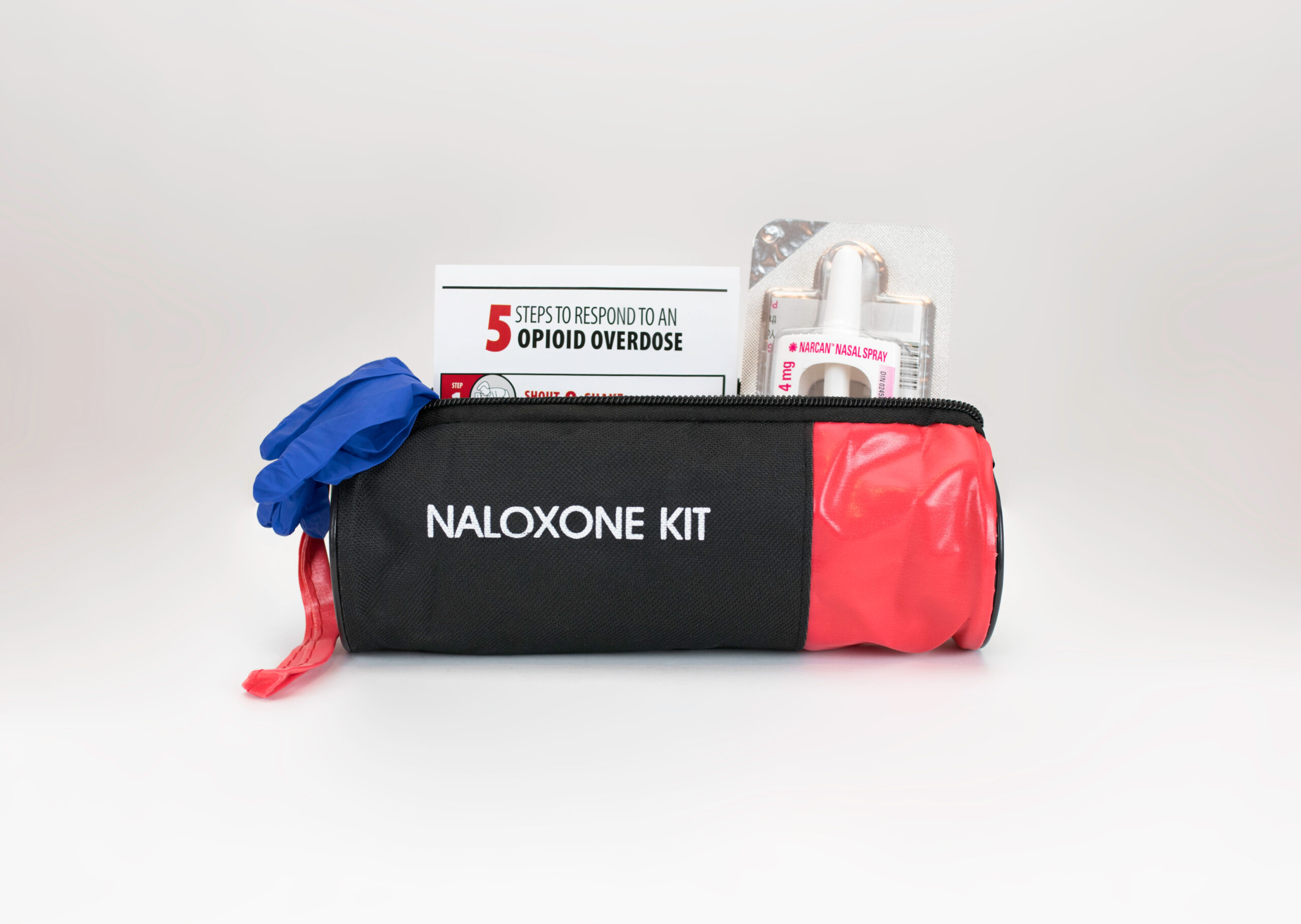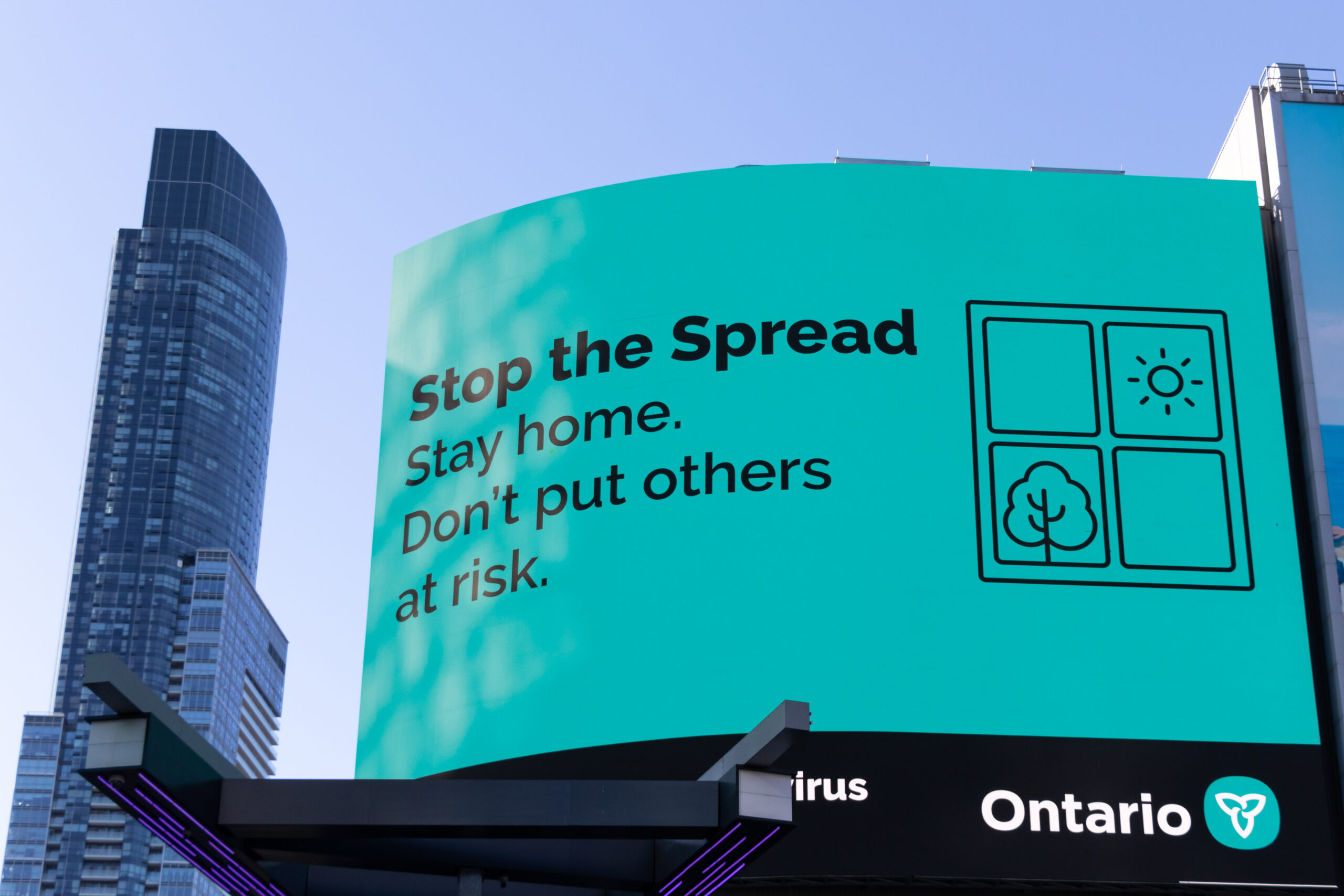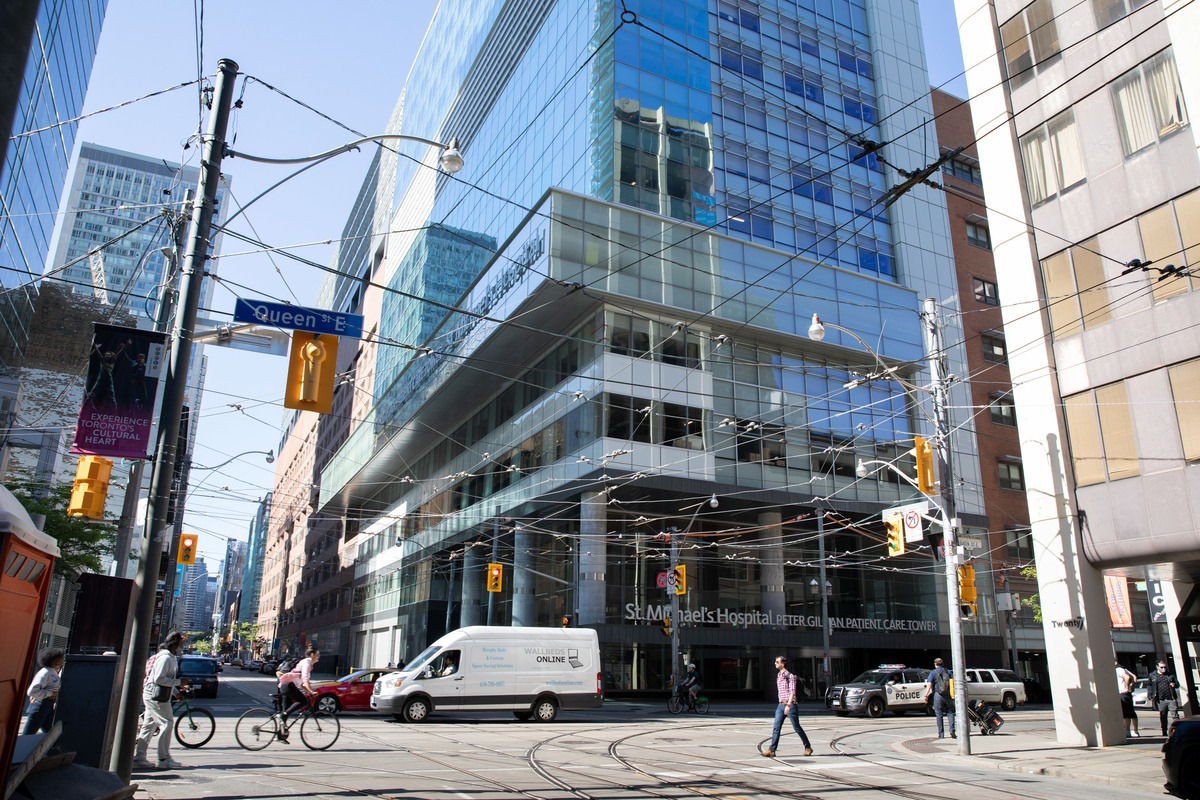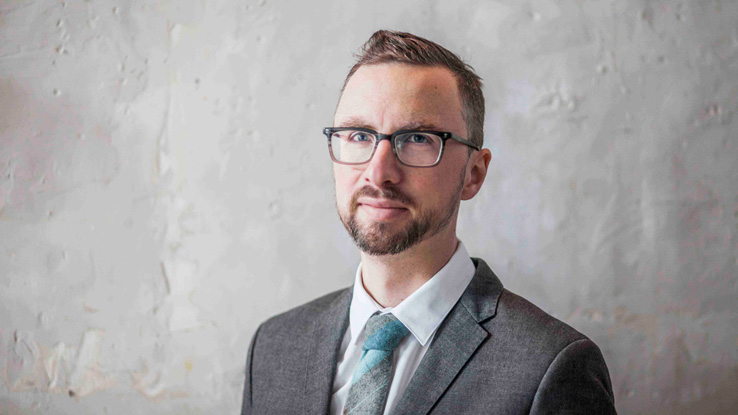Drs. Tara Gomes and Ahmed Bayoumi shared comments about the importance of harm reduction programs with Reuters in this article covering the backlash and criticisms that these efforts have been facing. “We have a potential to really lose ground on a lot of initiatives that have been started that could really address the opioid overdose crisis in meaningful ways,” said Dr. Bayoumi.
Month: July 2024
The real reasons doctors are giving up on family medicine and how to fix it
Dr. Archna Gupta was recently quoted in this Streets of Toronto article covering the need for more family physicians in Ontario. She spoke about the alarming number of patients who have to travel hours to visit their doctor. “It’s too far and it’s impacting how Ontarians receive care because they are not seeing their family doctor — or any family doctor — as often as patients who live closer,”
Fentanyl testing shows contamination
Karen McDonald was recently interviewed on CTV Your Morning. She spoke about the unpredictability of the unregulated drug supply, and how drug checking has continued to provide life saving data through the crisis.
What a rising summer wave says about Canada’s long-term future with COVID
Dr. Andrew Pinto recently spoke with The Toronto Star about the recent spike of COVID-19 cases in Canada.“This virus continues to persist and be part of our environment,” he says, “It’s shown that it can continue to surprise us.”
They’re the gold standard of care for severe mental illness. So why doesn’t Ontario fund more of them?
Dr. Samuel Law spoke with TVO for a story about Assertive Community Treatment (ACT) teams, which are considered the gold standard for mental health care. Law talked about how the pandemic impacted the ACT teams he works on, how allied professionals and clients’ families and friends helped to close care gaps during the pandemic, and how a study from St. Michael’s showed that despite efforts, people with mental health issues had significant struggles during lockdowns.
Mandating hospitals to record homelessness among patients improves health outcomes, new study finds
Lucie Richard and Dr. Stephen Hwang spoke with The Globe and Mail about their recently published study that shows the mandating of coding for homelessness in hospitals helped identify about one in two homeless patients, more than double the number before the policy update.
A look inside a lab on opioid epidemic frontline
Karen McDonald gave CTV a look into MAP’s Drug Checking Service. On the front lines of Toronto’s opioid epidemic, the team check and report on the city’s drug supply in an effort to combat the overdose crisis.
Groundbreaking advancements in HIV treatment and prevention
In this podcast from CMAJ, Dr. Darrell Tan describes the regimen of the newly approved long-acting injectable for pre-exposure prophylaxis and as a treatment for HIV.
Ontario’s family doctor deserts are so vast, patients won’t leave physicians even after they move hours away
MAP scientist Dr. Archna Gupta found that patients in Ontario were typically better off being in close proximity to their family doctors. The further away they lived, the less likely they were to be screened for cancer and the more likely they were to visit the emergency department for non-urgent health concerns. Dr. Gupta recently spoke with The Globe and Mail about these findings.
From lab innovation to street safety: scientists develop rapid drug testing device to combat overdose crisis
Dr. Dan Werb‘s collabortive work with Dr. Dan Beriault and Dr. Drew Hall on a new drug checking device, DoseCheck, was recently featured in U of T news. The device will be low cost to produce and can give results in just 45 seconds. It won’t have the range of a mass spectrometer, which is the gold standard, but it will detect the most common substances found. It will help fill in the gaps in current harm reduction methods by making testing more accessible.










